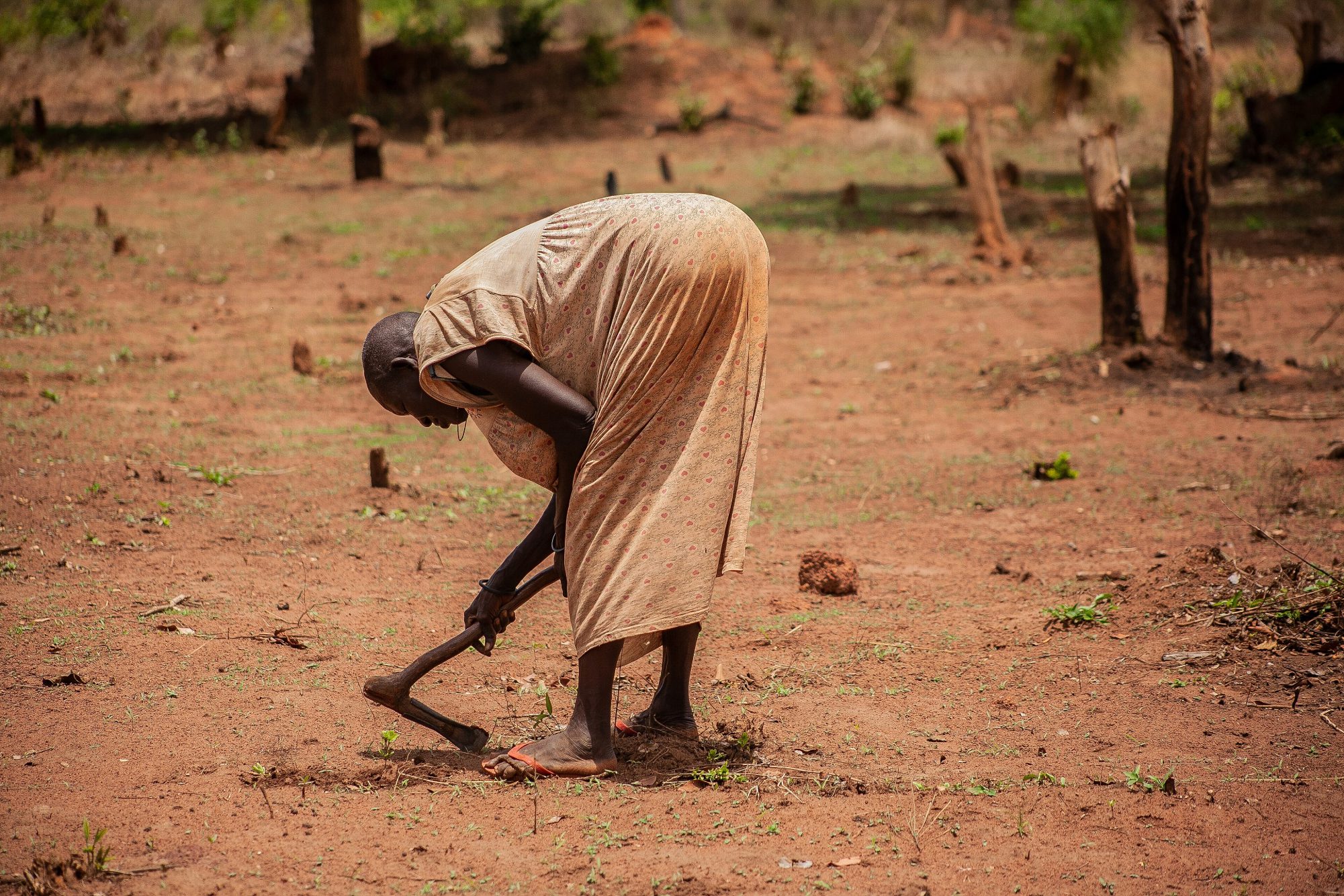Famine was Britain’s imprint on India, from the first depredations of the East India Company to the last days of empire in World War Two. The man who led the conquest of Bengal and was the perpetrator-in-chief of mass starvation in the 1770s, was Robert Clive. The man who held fast to the empire in the 1940s, and who bears heavy responsibility for the last imperial famine, in 1943, was Winston Churchill. In her podcast on the Bengal Famine, Three Million, Kavita Puri describes Black Lives Matter demonstrators in London demanding that his statue be toppled.
Clive has yet to be targeted. Unlike Churchill, who led the world in resisting Naziism and who stands tall in Britain’s national pantheon, Clive is famous solely for his conquests, depredations and loot of India. His statue stands in King Charles Street, London, between the Treasury and the Foreign and Colonial Office (now the Foreign, Common and Development Office), two of the bastions of empire from where famines in India, Ireland and elsewhere were efficiently administered.
India’s nationalist movement was animated by many things, but none of them struck so powerful a chord around the world as famine. Outrage at how the people of India were reduced, again and again, to destitution and starvation discredited the claims of the colonizer. After independence in 1947, governments made sure that they held to that anti-famine political contract. Post-colonial India may still be a land of poverty and malnutrition, but it is no longer afflicted by great famines.
India was not alone. Starvation was an instrument of rule in every continent. That includes Europe. The great English famine in Ireland and Stalin’s Holodomor in Ukraine were both famines of empire.
Preventing famines and feeding the starving should be a shared enterprise of the post-colonial world. Ireland has consistently championed the cause. But too few others have joined.
Across the Global South, the food sovereignty and food justice agenda has tended to shun the issue of emergency relief, which is seen as a deviation from the main challenge of redressing structural inequities. The most effective efforts, such as Brazil’s zero hunger program, focus on chronic poverty, household food security and malnutrition. For this worldwide movement, the chief villains are the commercial and political interests that sustain a neo-imperial, capitalist food regime.
This movement sees food crises as a regrettable deviation or worse. The fact that governments of post-colonial states are the chief perpetrators of famine crimes doesn’t help. The fact that US agro-industrial and shipping interests are so tightly bound up with emergency food aid supplies doesn’t help either. And the humanitarian international is deeply tainted by its cooption by philanthropic imperialists who bestride the political stage demanding armed intervention to feed or protect helpless communities and overthrow their governments.
The contemporary humanitarian enterprise remains dominated by the global north-west. America and Europe pay its bills and set its agenda. Despite the sentiments and efforts of progressive humanitarians, and the extraordinary skills and commitment of host country professionals, the Global South rarely feels any sense of ownership of the humanitarian international. Its funding mechanism is positively medieval: every year those in need do their sums, make their case and line up like beggars outside a place of worship to plead for alms, knowing that how much they get depends on whether the donor takes pity and likes their face. The United Nations calls these global appeals, but they are pitched to America and Europe.
In Africa, many leaders bang the anti-colonial drum and prefer sovereignty on an empty belly—or rather, an elite assertion of sovereign entitlement while their populations go hungry. The African Union commission has stood, arms folded, indifferent to the starvation crimes inflicted by, among others, its host government of Ethiopia.
For those who all along suspected that the global North-West invoked humanitarian norms only when it suited their interests, the Gaza famine stands as proof positive that the system is rotten.
In my recent essay for the Council for Global Cooperation, ‘Decolonizing Humanitarianism’,I make the case that it’s no longer enough for the critics in the Global South to express their suspicion of western humanitarianism without offering an alternative.
It wouldn’t be difficult to design an alternative financial system for emergencies. The blueprints exist. The bigger problem is the politics. How are famine crimes to be called out without opening the door to philanthropic imperialism?
We can start with a symbolic act of emancipation. Clive must fall, his statue replaced by a memorial to the tens of millions of victims of colonial famines. Then we can move on, constructing a new humanitarianism, founded in the universal principles that drove decolonization.



